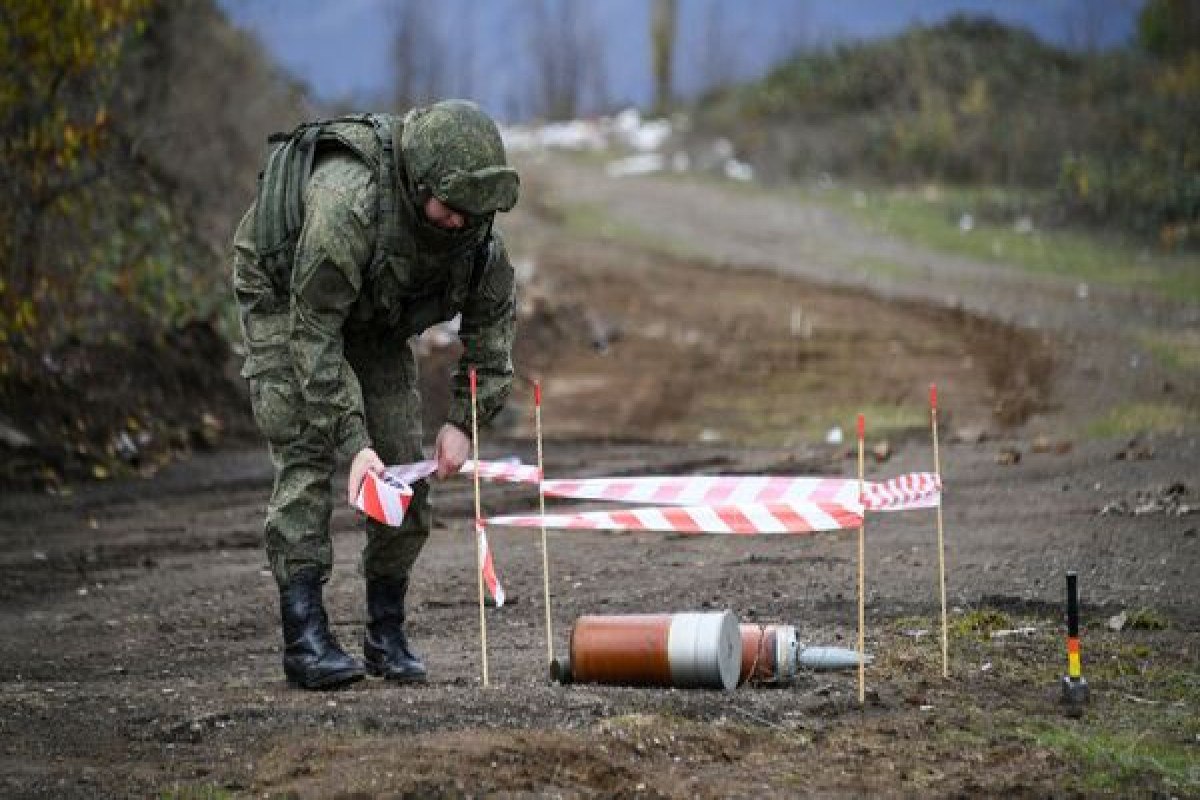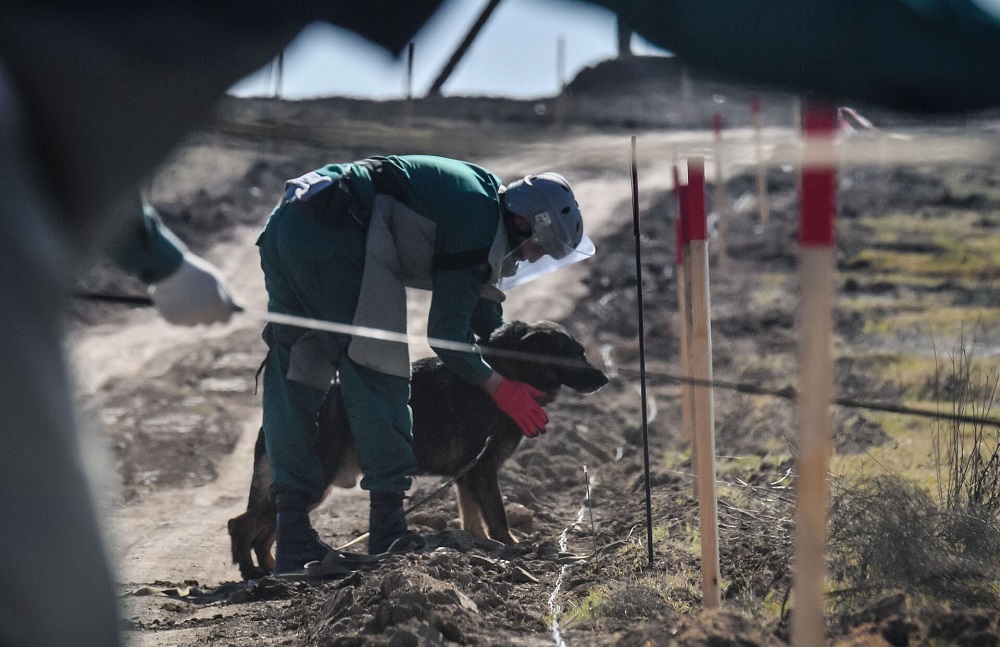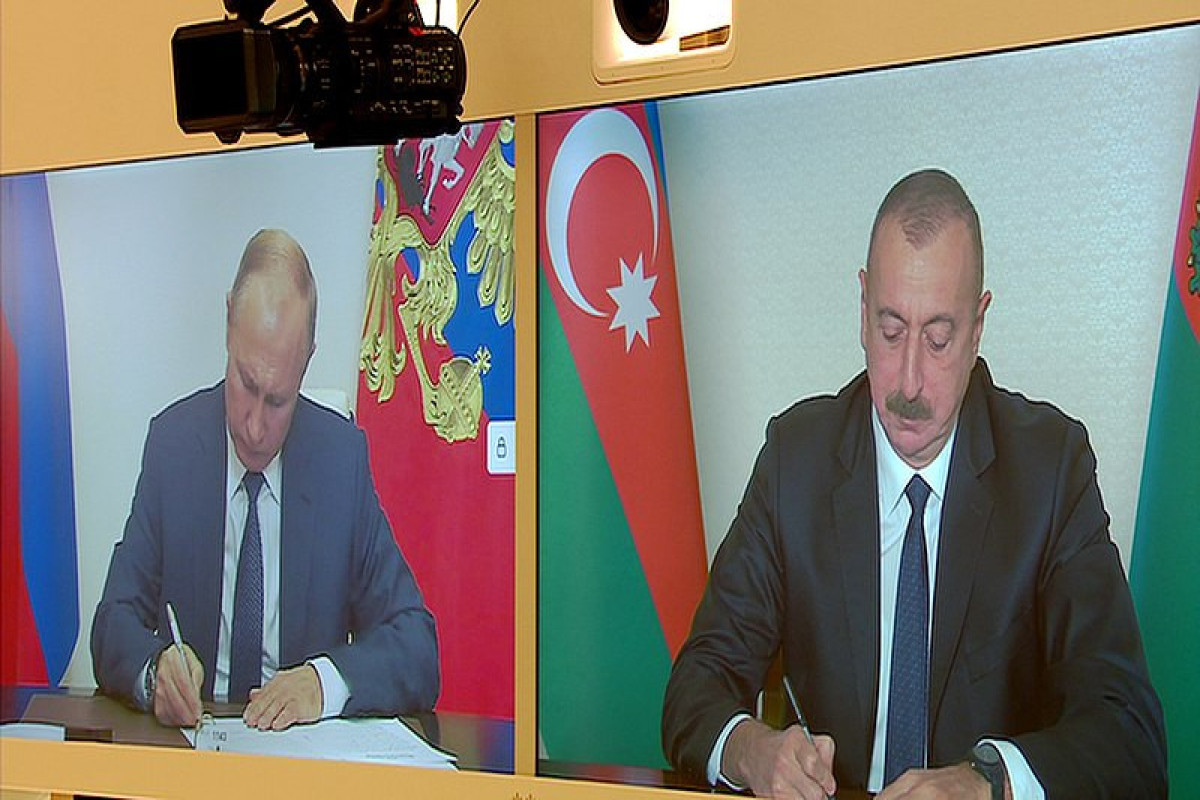
Russian peacekeepers in Azerbaijan
The involvement of Russian peacekeepers in demining operations in Khojaly has sparked debates in Azerbaijan about the potential consequences of their prolonged presence in the region. Vugar Suleymanov, the chairman of the board of the National Agency for Mine Action (ANAMA) of Azerbaijan, revealed plans to engage Russian peacekeepers in demining efforts during a briefing commemorating the International Day for Mine Awareness and Assistance in Mine Action.
- “Why should US citizens see their money flowing abroad?” – Georgian Parliament Speaker against Western organizations
- South Caucasus “Brussels conspiracy” and Azerbaijan-Turkey tandem: A view from Baku
- Labor migration from Armenia to Russia: Causes and consequences
Suleymanov stated that the process of accrediting Russian peacekeepers is ongoing, pointing to the preparation for deploying demining equipment in Khojaly in the near future. However, in Azerbaijan, there are differing perspectives regarding the feasibility and potential consequences of their involvement in this process.
Political analyst Nasimi Mammadli expressed doubts about the compatibility of demining activities with the mandate of Russian peacekeepers. He stated that their primary role is to regulate relations between conflicting parties. In an interview with Radio Azadliq, Mamedli argued that since there are no longer conflicting parties in this area following the ceasefire, there is no basis for peacekeepers to participate in such operations.
On the contrary, deputy Jeyhun Mammadov told Turan that the presence of Russian peacekeepers in the region, as outlined in the November 10 Agreement, is justified by their participation in demining efforts. He believes that involving peacekeepers in demining will expedite Azerbaijan’s post-conflict reconstruction.
However, concerns persist regarding the potential extension of the Russian peacekeepers’ stay in the region. Mamedli warned against disregarding Russia’s strategic interests in the South Caucasus, suggesting that Moscow might exploit the conflict dynamics to assert influence and expand its military presence. He called for vigilance against any attempts to prolong the peacekeepers’ stay beyond necessary timeframes.
Mamedli agrees with the official position of the authorities: the peacekeepers’ activities are time-limited, and their role in demining operations is a temporary measure to address urgent post-conflict issues.
The issue of demining holds significant importance for Azerbaijan, as official data indicates a high number of casualties resulting from landmine explosions in liberated territories. Despite efforts to obtain demining maps from Armenia, inaccuracies persist, causing frustration and hindering demining efforts.
The exchange of maps, purportedly in exchange for the release of detained Armenian servicemen, did not fully resolve the issue, as Azerbaijani authorities question the accuracy and completeness of the information provided. In response, the prime minister of Armenia stated that all available maps had been provided, emphasizing the contentious nature of post-conflict negotiations and the consequences of military actions.
While Azerbaijan grapples with the complex task of post-conflict reconstruction, debates surrounding the participation of Russian peacekeepers in demining operations persist. The country faces a dilemma between short-term assistance and the long-term implications for sovereignty and security.


